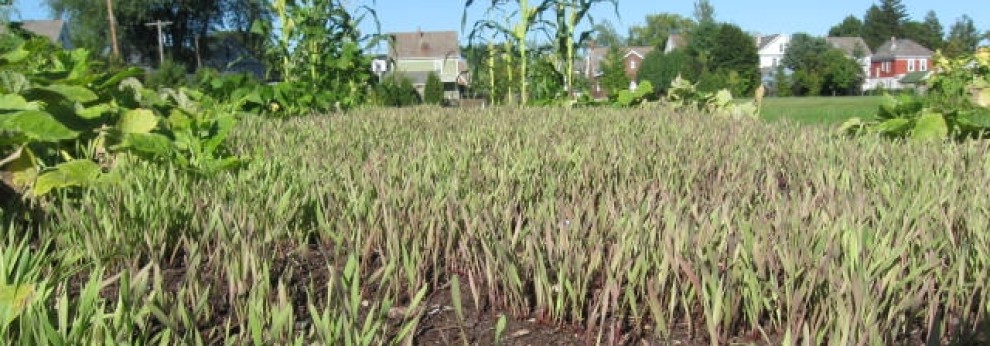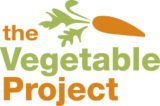We spend so much of our energy growing peas and carrots and all sorts of other plants that we neglect at times to talk about a broader mission: to do our part in g rowing healthy children. Working in schools where academic outcomes are often discouraging, we suspect that healthy, nurturing relationships with adults and educators can make a positive difference.
rowing healthy children. Working in schools where academic outcomes are often discouraging, we suspect that healthy, nurturing relationships with adults and educators can make a positive difference.
This thought about relationships, maybe call it mentoring, and perhaps the idea that they are a critical path to success in algebra and world history is the foundation for a small initiative that we are organizing
With great thanks to the Capital City Fund and the Community Foundation for the Greater Capital Region for support, we are working toward offering two or three Albany High School students garden assistant internships in the fall. We envision interns, working an hour or two a week over the course of the school year, caring for garden beds and tending compost heaps in the spring and fall and looking after indoor plants during the winter. These chores alone will extend the reach of our programming. We are especially eager to give interns opportunities to help us use live plants to teach other students. An important motivator for us, however, is the thinking that building relationships with the interns can foster productive conversations about moving forward in life. And thus, we will seek out students for internships based on the possibility that they can benefit from participation in this program
Telling students who do not believe that schooling really matters and who are therefore disengaged from the whole affair to sit still, to look up at the board and to get ready to go to college is not working very well. This is a deeper challenge, in the case of many students in struggling schools, than helping them get the hang of quadratic equations or keep straight all those names and dates and places in history classes. Coercive and punitive approaches are not very successful with students with the greatest needs. Scholarly research around paying students for academic performance has not been especially encouraging either. We are optimistic, however, that paying kids to do meaningful work as a way to create opportunities to build positive relationships can be a useful part of growing healthy children.
–Bill Stoneman


